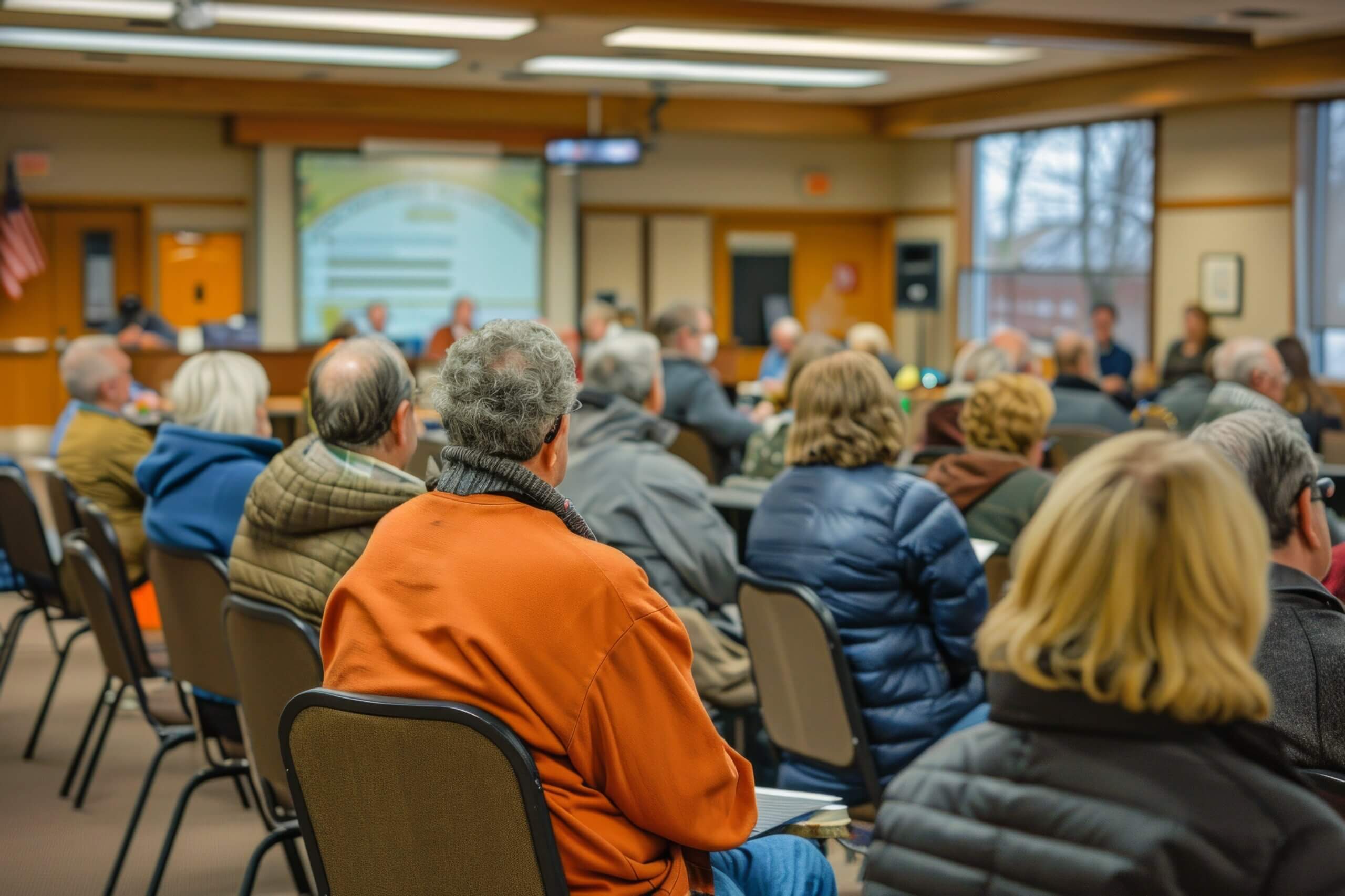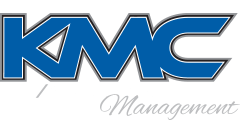
As a homeowner associations (HOA) board member, preparing for the annual meeting can feel overwhelming, especially when faced with a variety of tasks, responsibilities, and potential challenges. Whether you are welcoming homeowners, addressing concerns, or handling contentious issues, preparation is key to ensuring a smooth and successful meeting. Here’s a guide to help you navigate the annual meeting process and set your HOA up for success.
1. Understand the Basics: Know Your Documents and Bylaws
Before you begin planning, review your association’s governing documents to determine when, where and how the annual meeting should take place. Some documents may specify the location, such as the county or a specific facility, while others set requirements for quorum and when you can mail out the notice. By familiarizing yourself with these details early on, you will avoid unnecessary last-minute surprises.
2. Location Matters: Choose a Convenient Venue
The location of your annual meeting is vital for attendance and overall success. Depending on your association’s bylaws, the venue may need to meet specific location requirements. Ensure the meeting place is accessible, comfortable, and equipped with the necessary amenities to accommodate all attendees. Arriving early (ideally 30 minutes before the meeting) will give you time to set up and resolve any logistical issues.
3. Prepare Materials: Have Everything Ready
Your Community Association Manager (CAM) will be an invaluable resource in helping you prepare. The CAM should provide all essential documents, including sign-in sheets, agendas, and ballots. Make sure everything is in order before the meeting and ensure board members are prepared to sit at the front, lead the meeting, and communicate effectively with attendees.
4. Establish a Clear Agenda
It’s important to set clear expectations at the beginning of the meeting. Let homeowners know that official business must be conducted before the floor is open for questions. Be transparent and ready to answer questions related to the association’s operations, even if your documents don’t mandate a Q&A session. If your documents allow homeowners to request to be on the agenda ahead of time, ensure you adhere to this process.
5. Achieving Quorum: Strategies for Encouraging Participation
A successful meeting requires quorum the minimum number of homeowners needed to conduct official business. Quorum requirements can vary, often ranging from 10% to 75% of owners. To ensure you reach quorum, consider using multiple methods of communication, such as email blasts, community signs, door-to-door outreach, and social media. Offering incentives, such as food and drinks, can help increase attendance and engagement.
6. Proxies: What You Need to Know
Proxies are a crucial part of the process, especially when it comes to achieving quorum. A proxy is a legal document that allows one person to vote on behalf of another. Proxies can be signed electronically and are valid for 180 days, so it’s important to collect them in advance to ensure quorum. Be sure the proxy form contains the necessary details, such as the name of the person assigning the vote, the person empowered to vote, the date of the meeting, and all other legal requirements.
7. Handling Elections and Votes
If elections or votes are on the agenda, be prepared to facilitate the process smoothly. Ballots should be distributed clearly, and voting should typically only take place on items listed in the agenda. During the meeting, the treasurer should be prepared to present the budget, and board members should have a strong understanding of the budget and its line items in case questions arise. Some Association’s require a secret ballot while others don’t. You will need to check your By-Laws for how your Ballots are handled.
8. Managing Difficult Situations: Safety and Order
While most homeowners attend with positive intentions, it’s always wise to be prepared for potential disruptions. If contentious issues or troubled homeowners are expected, having security or police present can provide peace of mind. Encourage respectful communication during the meeting and be sure to limit the time each person has to speak, especially if there are a lot of questions or concerns.
9. Know the Voting Process
Voting should be limited to agenda items, and motions from the floor are typically not allowed. It’s crucial to understand how votes will be counted and the rules regarding absentee ballots and proxies. Board members should be prepared to address any election-related questions and explain the ballot process clearly.
10. Post-Meeting Actions: Follow Through and Transparency
After the meeting, ensure all business is addressed and the minutes are recorded accurately. Make sure homeowners are aware of any decisions made and follow up on any commitments made during the meeting. If a contentious issue was discussed, ensure there’s a clear plan for addressing it afterward, whether that’s through follow-up communication or additional meetings.
By following these best practices, homeowner associations board members can help ensure their annual meeting is organized, productive, and professional. Proper planning and communication are key to a smooth process, and being prepared for potential issues can help mitigate challenges. A well-run meeting fosters community engagement, ensures legal compliance, and strengthens the HOA’s ability to manage and grow effectively.
Boost Your Knowledge with ABC Webinars
Managing HOA annual meetings can be complex, but you don’t have to navigate it alone. For further insight into effective meeting management and other best practices, check out our ABC Webinars on YouTube. In one of our sessions, we covered many of the topics mentioned above to help ensure your HOA’s annual meeting is successful. Tune in to get expert tips, practical strategies, and more to streamline your HOA processes.
By being proactive and organized, your HOA’s annual meeting can be a great opportunity to engage with your community and make important decisions that benefit everyone. Happy meeting!




No Comments